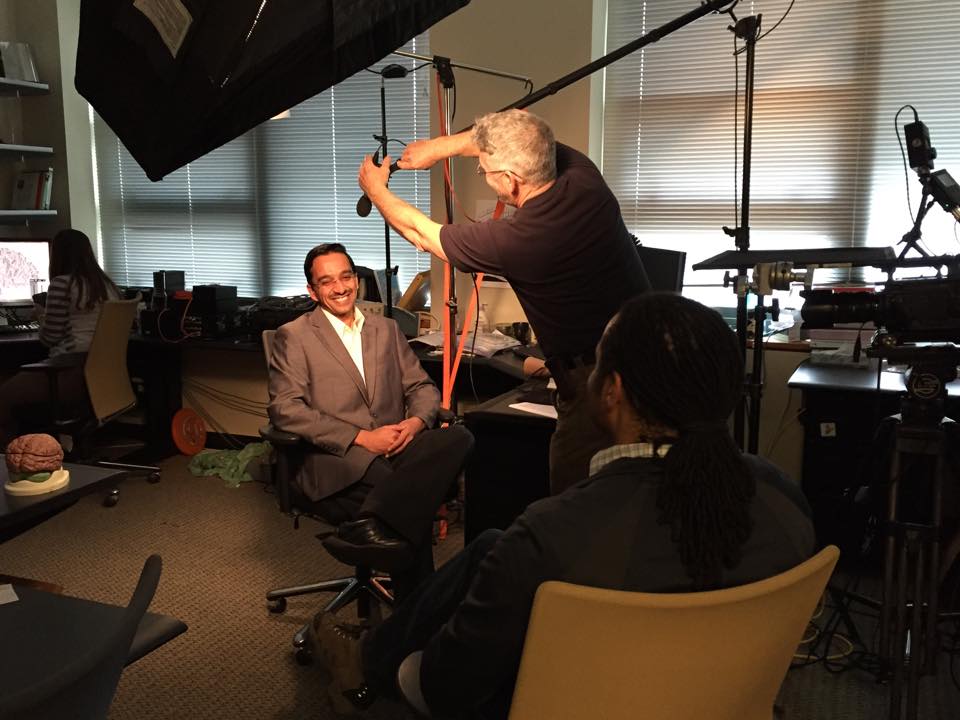 Imagine moving a mechanical arm just by thinking about it, or playing a video game using only your mind. Scientists and engineers have been developing this technology for decades. It's called brain-computer interfaces.
Imagine moving a mechanical arm just by thinking about it, or playing a video game using only your mind. Scientists and engineers have been developing this technology for decades. It's called brain-computer interfaces.
Rajesh Rao, director of the Center for Sensorimotor Neural Engineering, is among the scientists working on brain-computer interfaces, or BCIs, as they're know. The lines quoted above are from "Mysteries of the Brain," a new video series released this week to help people better understand how the brain functions. Produced by NBC Learn in partnership with the National Science Foundation, the series covers the latest neuroscience research and profiles the scientists who are leading it.
The best way to think about the development of this field is to think of it in terms of studying how the brain controls the body, said Rao, professor in the UW Department of Computer Science & Engineering. The body's actions and functions are controlled by neurons. They communicate to and from the brain and the rest of the nervous system using chemical and electrical signals.
"Understanding the brain in all its amazing complexity is an enormous challenge for science," said NSF Director France Cordova. "For example, how does the brain interact with our physical and social environment? NSF is making strategic investments in brain science, and this may transform our view of how the brain develops and keeps developing. It may address how we relate to an interact with each other and our ever changing environment."
"Mysteries of the Brain" is available through NBC affiliate stations and can also be seen for free online at NBCLearn.com, NSF.gov and Science360.gov.
Rao will field questions about his research in a related Twitter chat on Wednesday, June 10, from 3 to 4 pm Pacific time. Join the discussion by using the hashtag #ExplainTheBrain and by following @NeuralE_Ctr on Twitter.
Lesson plans developed by the National Science Teachers Association for middle and high school students will be available later this summer. The CSNE also has neural engineering lesson plans available for grades six to 12. These plans were created by participants in the summer Research Experience for Teachers program and members of the CSNE education team.
